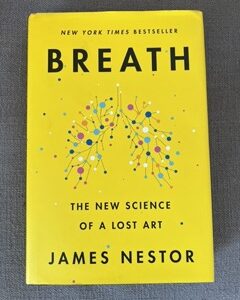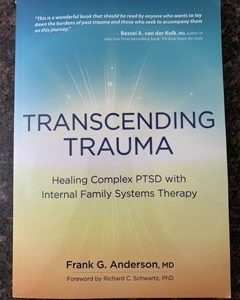As a Psychotherapist, I have had the opportunity to train with many different psychotherapists, spiritual teachers and often my colleagues influence the work I do with my clients. I recently found a great article that talks about working with low self-esteem using a Buddhist approach. I resonated with the article as part of my training was at Naropa University, the first Buddhist-based or Buddhist-inspired academic institution in the United States. Tim Desmond writes:
“In most styles of Buddhist meditation, connecting with the body is important for connecting with feelings. To transform a feeling, we start by bringing it up and sensing it in the body. Once it’s present in our awareness, we begin to inquire into its nature.” – Source: Psychotherapy Networker – Tim Desmond
It is this inquiry that I find very helpful with my clients. I often have clients come into my office and say that they want to “get rid” of a particular part of themselves. I find it to be much more effective when my client gets to know this part, to recognize the value of it and how it came to be. It is only then a person is able to determine if this part is of any further benefit to the whole. Desmond speaks to this in his article:
“Metta (loving-kindness) practice is an important and helpful part of the way I work with clients. Observing its potential to help clients move through problems that had appeared intractable has convinced me that the practice of offering love and compassion to problematic inner parts could be a significant contribution to the way we conduct therapy, both for our clients and ourselves.” – Source: Psychotherapy Networker – Tim Desmond
Once we connect with our feelings, we are then able to identify what part of ourselves is expressing that feeling. It is through compassion that we are able to love these parts of ourselves that initially we may not think are very helpful or valuable. It is amazing the transformations I get to witness on a daily basis in my Boulder psychotherapy practice.
Source: Psychotherapy Networker






